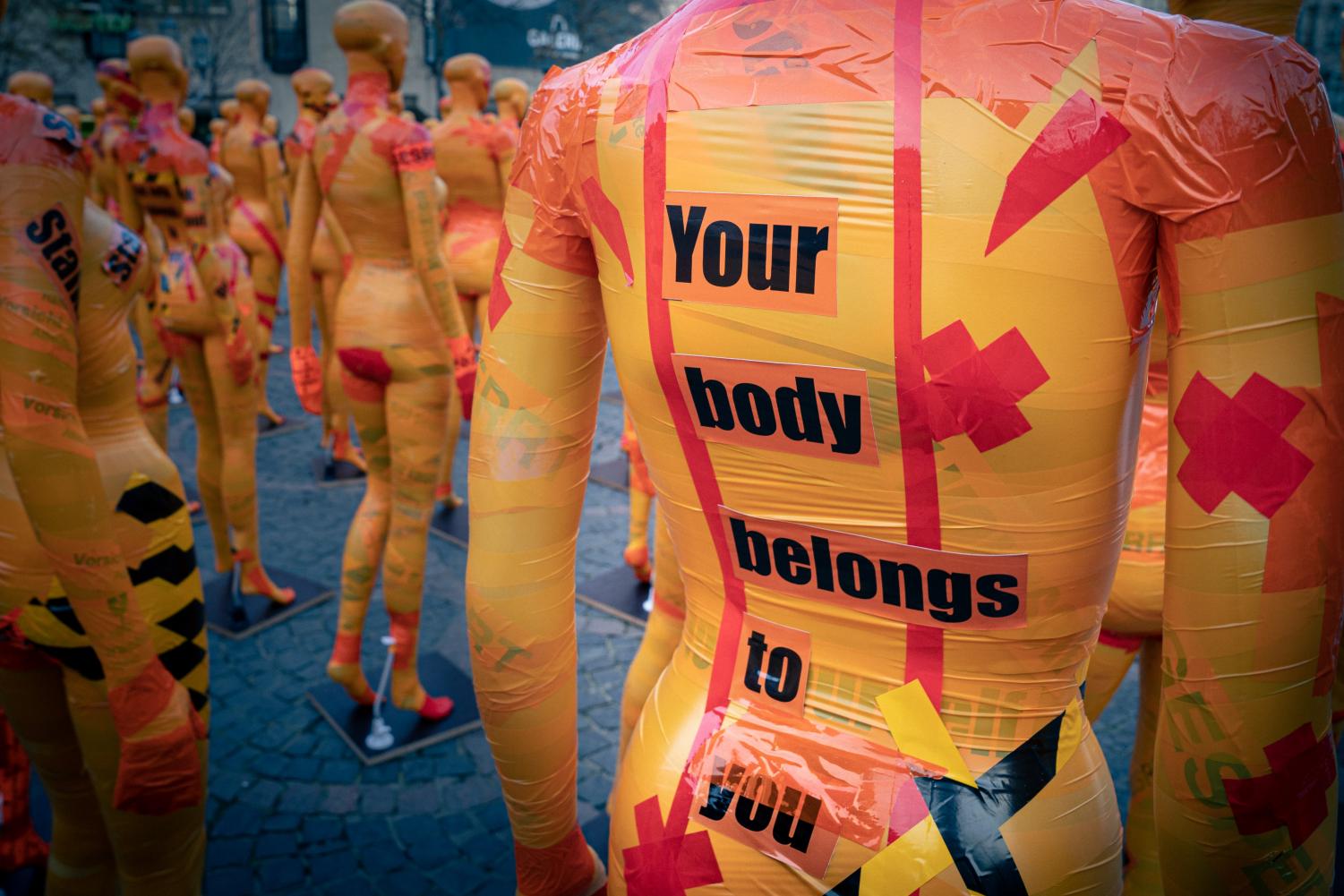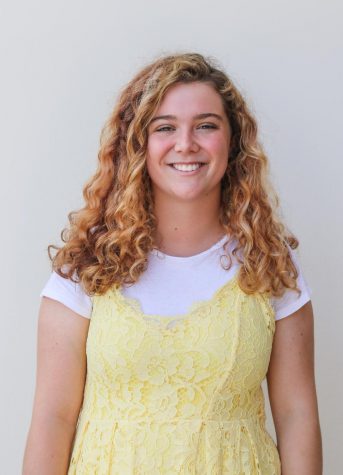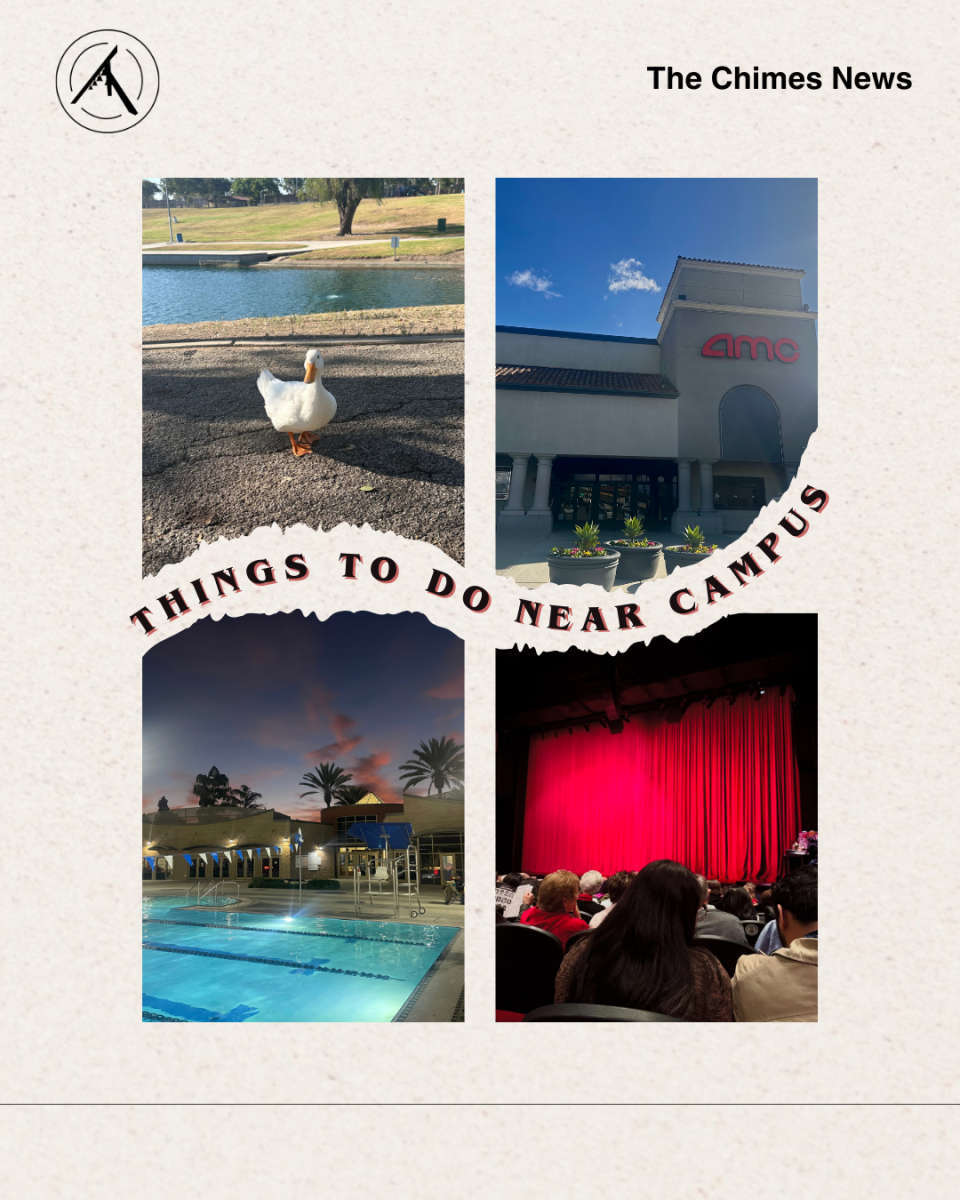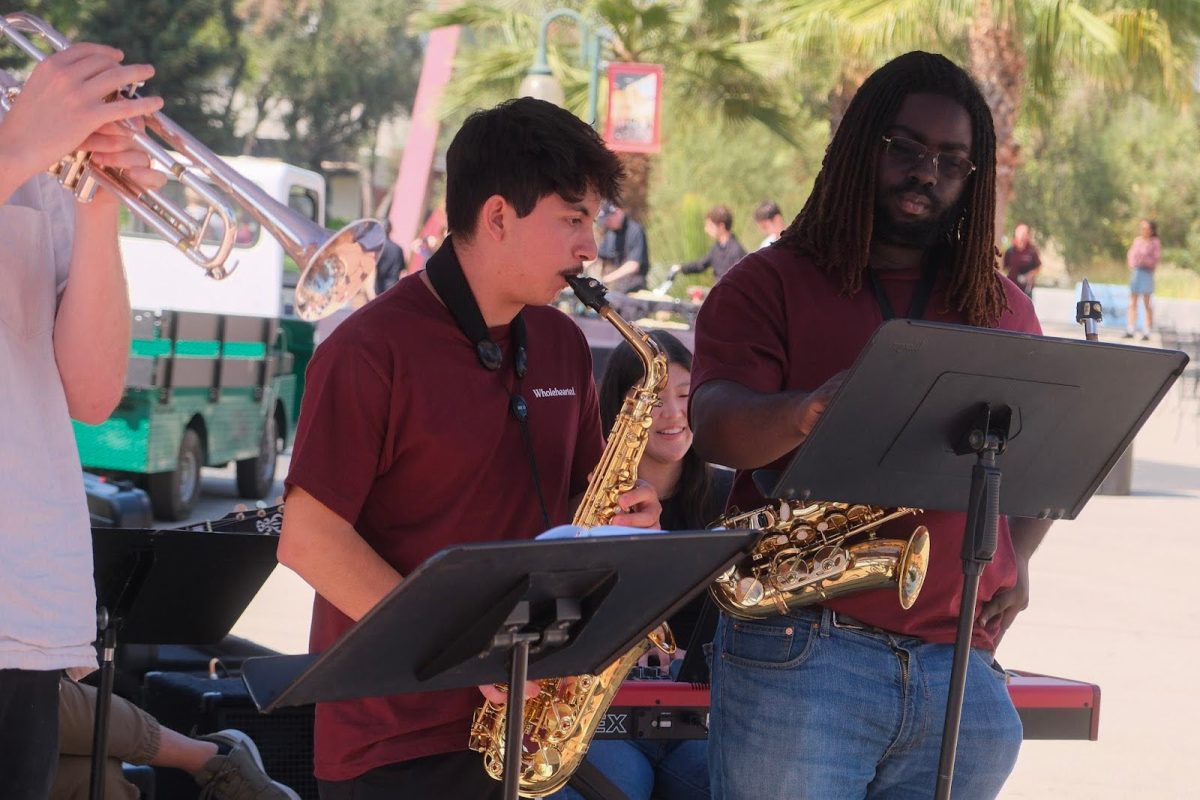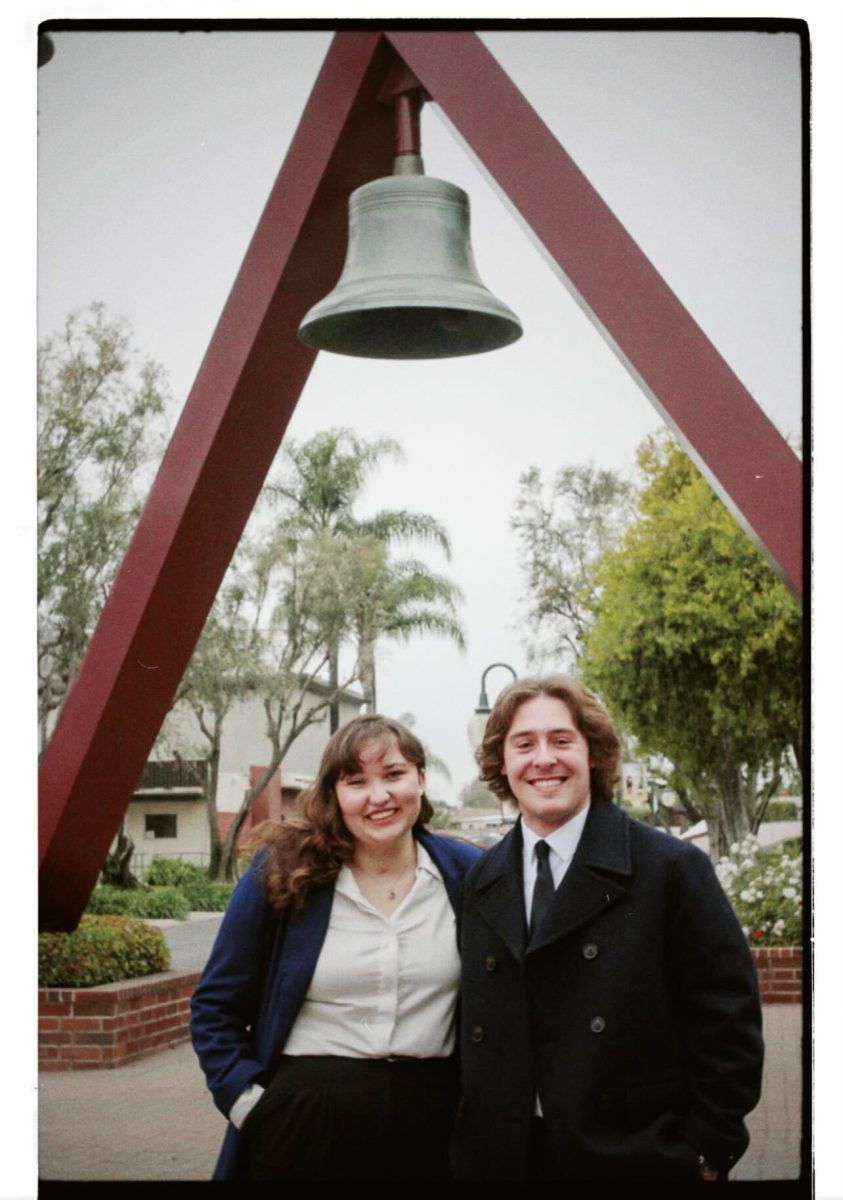On March 3, 2021, Sarah Everard was murdered on her way back home from a jog by a police officer in London, England. Everard was found to have been sexually assaulted before her murder.
As the world mourned her death, a study conducted by UN Women UK found that 97% of women aged 18 to 24 have experienced sexual harassment in public spaces. These statistics shocked the world as it celebrated Women’s History Month and prepared for Sexual Assault Awareness Month.
MOVEMENTS FOR SOCIAL CHANGE
This month marks the 20th anniversary of Sexual Assault Awareness Month but its history dates back much farther where its efforts were championed by women of color. According to the National Sexual Violence Resource Center, social activism around the issue of sexual assault gained traction from the civil rights era in the 1940s and ‘50s.
Sexual assault has been a topic considered taboo, especially in Christian campuses, says Student Government Association senior vice president Gretchen Ferguson. She explained that although the topic should be discussed, many victims struggle to say something due to the shame that comes with being a victim.
“It’s a conversation that we look down upon and as a Christian community, it can be very hard to come forward when these things do happen because of retaliation,” Ferguson said. “You’re afraid [of what] you might face as a victim. And so I think it’s extremely important that this is a conversation that we’re having.”
As Biola continues to raise awareness throughout the week, students have been asked to continue with the tradition of wearing their teal “It’s On Us” t-shirts, reminding the community at large that the conversation on sexual assault is not solely the victim’s duty to enforce.
Events such as “Hearing from Survivors of Abuse” and “Sexual Assault Through the Lens of Communication and Art” have been put on in order to allow Biola’s community to mourn and love with survivors on campus.
ADDRESSING SEXUAL ASSAULT ON CAMPUS
Sexual violence is a persistent issue on both Christian and secular college campuses. According to a study from the Canadian Journal of Higher Education, 18% of women on religious college campuses experience unwanted sexual contact.
“But the reality is that it does happen. And so in those moments, it’s important to raise awareness as a student body as student leaders for how we can be supporting our friends,” said SGA president Keren Godwin. ”Part of this campaign week is even raising awareness for how to support your friends in a loving and still Christian manner without invalidating their feelings as they go through different processes.”
Godwin and Ferguson hope the student body will embrace victims and understand what they are going through beyond the assault or harassment they have faced. Biola will continue to serve as a resource through SGA, Title IX coordinator Sandy Hough and the Biola Counseling Center.
“What I would want students to take away from this week is understanding that we are all part of a bigger problem, and no one is really immune to it,” Ferguson said.



